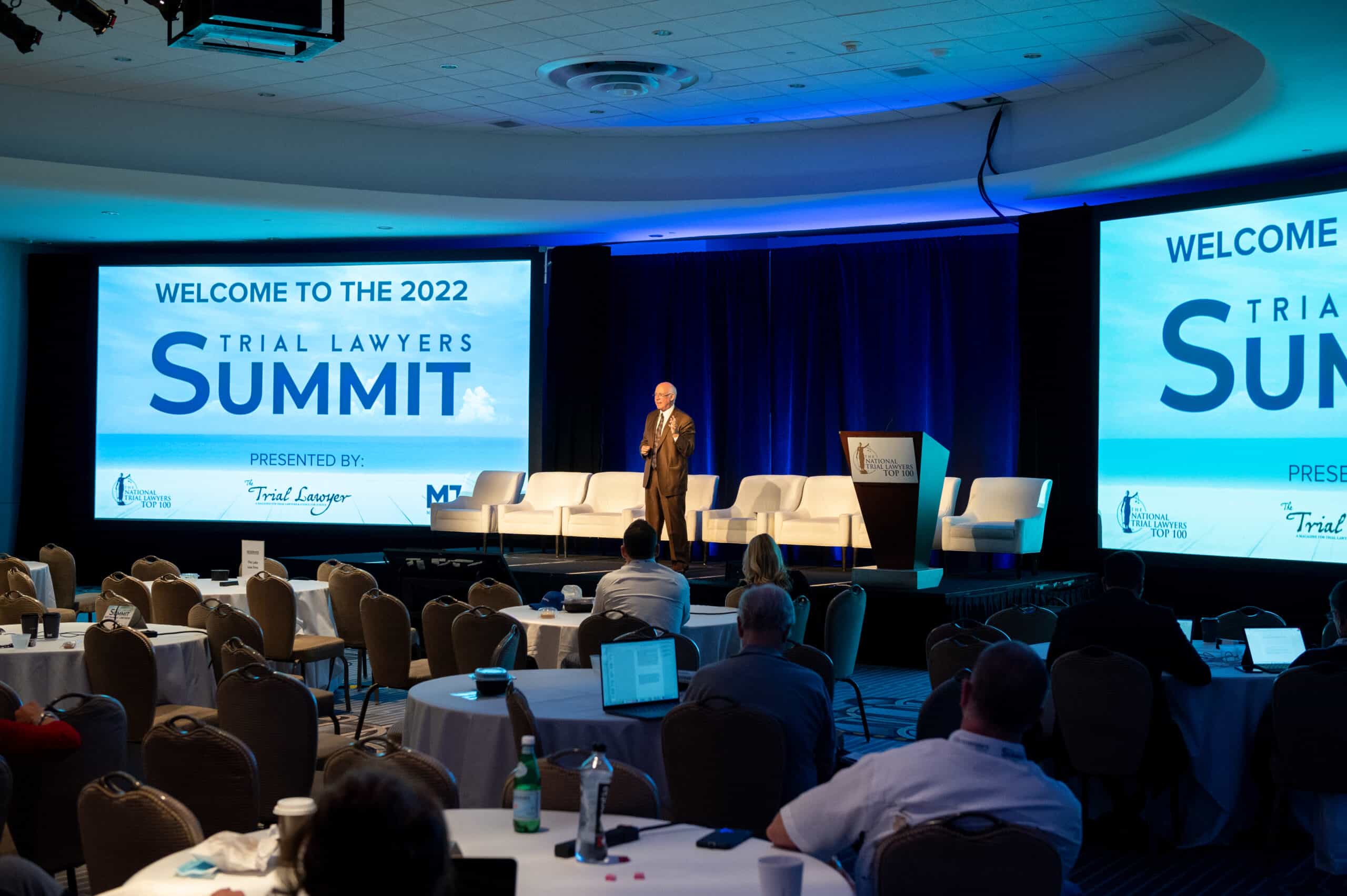Invaluable Connections
Are you looking to meet other members of The National Trial Lawyers who strive for the highest level of success? The National Trial Lawyers believes in connecting members for the purpose of enhancing professional and personal networks. Take the opportunity to connect with our community at events that will grow your career and network. Packed with various social functions, catered meals, and remarkable amenities, events by The National Trial Lawyers will become your networking focal points. A variety of attorneys, paralegals, students, firm administrators, and others flock to our events each year to experience the most relevant legal education and engaging socials.
If you are determined to grow your professional network and connect with fellow members, join us at the most prestigious events that The National Trial Lawyers has to offer.

















